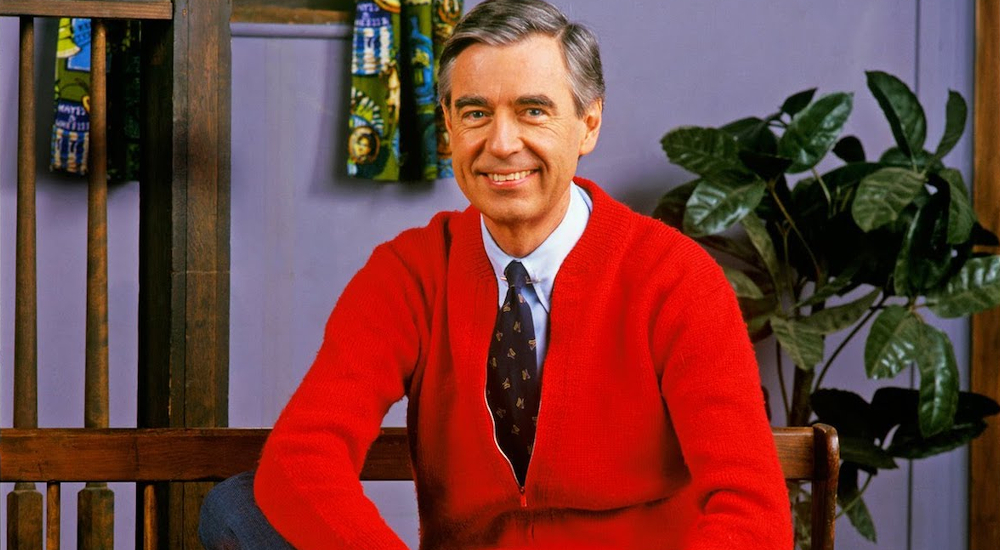Forget your Avengers, your Deadpools, your Incredibles. Fred Rogers is the superhero we need right now.
Mister Rogers, as he was known to generations of kids, was a Presbyterian minister from Pittsburgh, who had a vision for a very simple show for schoolchildren. As one of the producers mentions, it shouldn't have worked: It wasn't flashy or particularly funny, and the soft-spoken Rogers wasn't anyone's first choice for a star. But by talking plainly to kids, and treating them as equals, he caught the imagination of children of every background. He also happened to be in the right place at the right time, as public television took off in the 1970s.
Won't You Be My Neighbor? focuses on the show's rise, but sticks around to show what made it truly special and enduring. Shows like this only stay on the air for 30-plus years if new kids continue to latch onto it. Rogers was something of a revolutionary, devoting multiple episodes of his show to tough themes like grief and divorce. He also made a commitment to diversity, dipping his toes in a pool next to his African-American cast member Francois Clemmons, while African-Americans were still being denied use of pools across the country. (Rogers' progressiveness had its limits, though, as Clemmons relates that Rogers asked him not to go to gay bars, since any ensuing scandal could end the show as they know it, as sponsors like Sears would likely pull their funding.)
This is a special doc, because it does show Rogers as a human, even without any shocking revelations or enormous character flaws. He was just a person who was committed to education, patient with children, and genuinely caring about all people. Won't You Be My Neighbor? doesn't shy away that his guiding principles came directly from his faith. But it also shows his doubts. During national crises, like the Challenger explosion or 9/11, he wondered if the world was too dark, and his light wasn't doing much good. Yet it was at these times that his family and co-workers emphasized the country needed him even more.
Even in death, archival footage emphasizes Rogers' gentleness. While he wasn't fond of violent cartoons, he rarely raised his voice and was never curt to a child. Even when black-hearted political commentators called him "evil" for daring to tell children they're special just as they are, he is the face of calm. And that extended to all the people he worked with. One producer knew instantly that when they encountered Westboro Baptist Church protesters at his funeral, the move was to go talk to them, not try to out-shout them.
And so the film leaves us with this notion, that kindness and empathy can still be our first response. Won't You Be My Neighbor? doesn't have to tell us that in an age of weekly mass shootings and a president who embodies the opposite of everything Fred Rogers stood for, that we can still be like Fred, and invite other people into our neighborhood.

